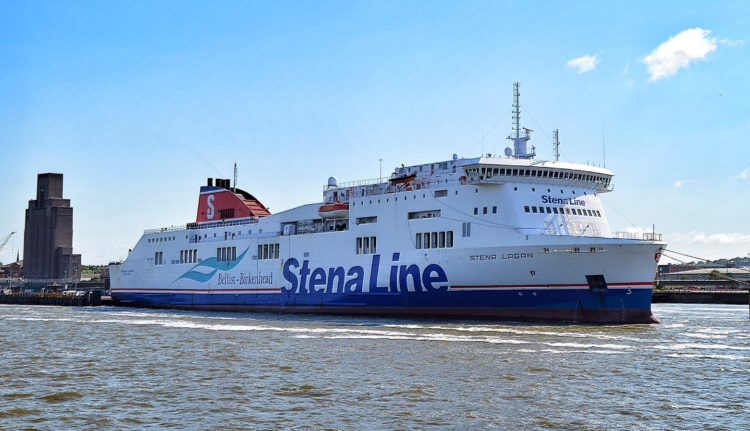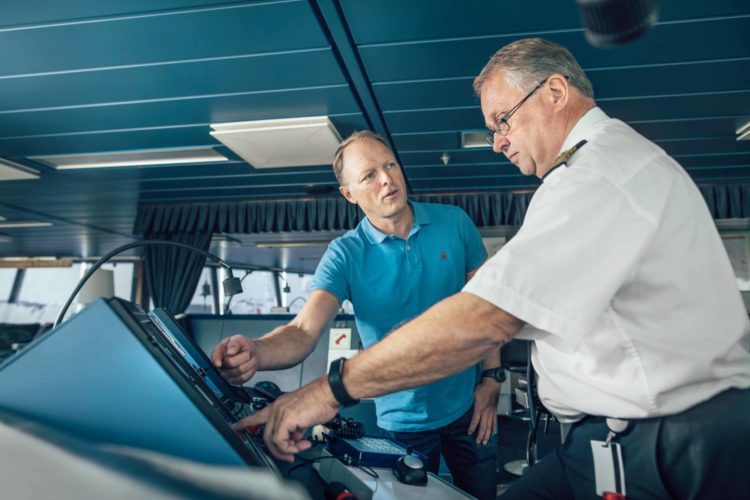Irish Sea ferry firm Stena Line pilots artificial intelligence on its vessels
Birkenhead to Belfast operator is aiming to implement AI navigation across its entire fleet by 2021, which includes its Mersey-based vessels Stena Mersey and Stena Lagan. Tony McDonough reports

Birkenhead to Belfast ferry operator Stena Line is to trial artificial intelligence (AI) to help guide its ships to find the most fuel efficient route between ports.
The Swedish company which owns 38 vessels, including Stena Mersey and Stena Lagan which operate in the Mersey most days, is aiming to implement AI navigation across its entire fleet by 2021.
On such as Liverpool to Belfast, which runs twice a day across the Irish Sea, there are a number of variables that determine how much fuel is used, including currents, weather conditions, shallow water and speed through water.
As skilled as the captains and crews are, making such calculations taking into account the different combinations is impossible to do manually.
New model
In close collaboration with the technology company Hitachi, an AI model is being developed that will help predict the most fuel-efficient way to operate a certain vessel on a specific route.
The model will be a support for the captain and officers on board, and if successful it will make an important contribution to Stena Line’s sustainability target to reduce fuel consumption by 2.5 % annually.
Lars Carlsson, head of AI at Stena Line, said: “The model simulates many different scenarios before suggesting the most optimal route and performance setup.”
Senior Master
The model is still under development with the first pilot study taking place on Stena Scandinavica, under the supervision of Senior Master Jan Sjöström who has been working with fuel optimisation at Stena Line for the last 40 years.
“Since we are helping the AI to evolve, this is a very exciting and rewarding process,” said Mr Sjöström. “We’ve been making adjustments to the model after each trip for about four weeks and it is amazing to see how quickly it is learning.

The goal is to create a model that is so precise that it would be the ultimate decision support system for the captain when planning each trip. For example, if AI could assist with accurate predictions of currents, which is one of the most complicated variables today, it would help even the most experienced captain or officer.
Moving forward, the model will also help sharing competence and knowledge to the next generation of captains and officers.
Fuel efficient
Mr Sjöström added: “Planning a trip and handling a vessel in a safe and, at the same time, fuel efficient way is craftsmanship. Practice makes perfect, but when assisted by AI a new captain or officer could learn how to fuel optimise quicker. In return, this contributes to a more sustainable journey.”
Stena Line’s overall goal is that the whole company should be assisted by AI in 2021 and the pilot study on Stena Scandinavica, on the Gothenburg – Kiel route, is the first of several studies involving AI-assisted ferry trips within the fleet this year.
At the end of the year there will be an evaluation of the project, before deciding how to continue with AI-assistance on the company’s 38 ships.

